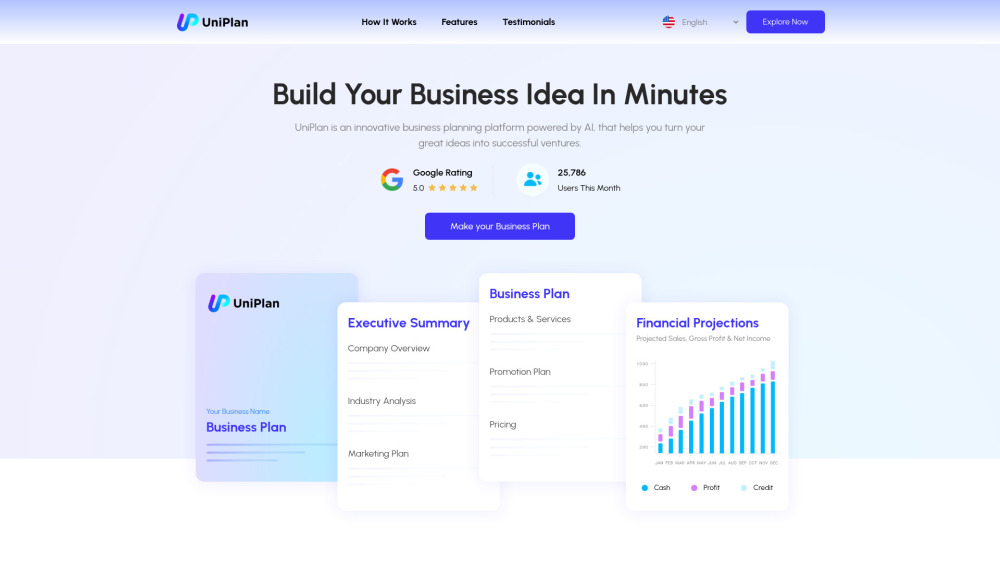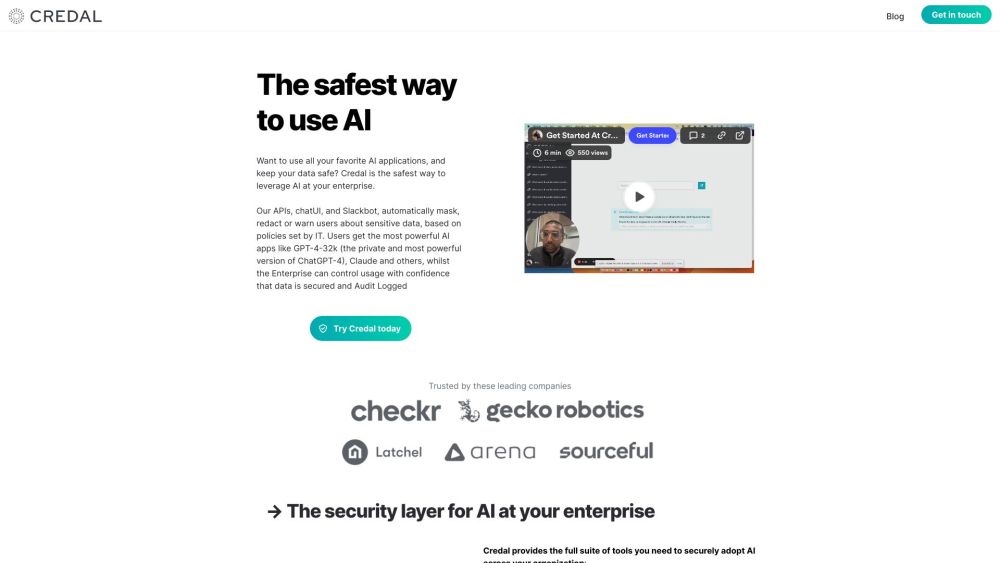Recently, some have suggested that OpenAI is facing its most significant challenge since its inception, with a sharp decline in user engagement. The main issue appears to be the waning appeal of its GPT-4 model, alongside a lack of new products. However, there may be some misunderstanding about the situation. OpenAI, which has reached a valuation of $100 billion, is set to release a new AI product named “Strawberry” within the next two weeks—earlier than the rumored autumn launch scheduled between September and November. Positioned as a large model emphasizing reasoning, “Strawberry” could potentially outperform the current GPT-4 in handling complex, multi-step inquiries with greater ease of use.
In April of this year, Microsoft announced a $2.9 billion investment to enhance its cloud computing and AI infrastructure in Japan. Meanwhile, in August, Amazon continued its record investment in AI startup Anthropic, adding $2.75 billion on top of an existing $1.25 billion investment. To maintain its competitive edge in the AI race, Meta has also raised its 2024 capital expenditure guidance, increasing the median from $37.5 billion to $38.5 billion. Notably, Meta plans to spend 50% more in the second half of this year compared to the first half.
The significant investments from major tech companies raise the question: Are they yielding returns? A prime example is Oracle, a traditional IT giant deeply partnered with OpenAI. Benefiting from the AI boom, Oracle's cloud revenue saw impressive growth in its most recent fiscal quarter. Revenue from its cloud services, which includes Infrastructure as a Service (IaaS) and Software as a Service (SaaS), surged by 21% year-over-year to $5.6 billion. Specifically, IaaS revenue grew by 45% to $2.2 billion, while SaaS revenue increased by 10% to $3.5 billion, surpassing market expectations. Following this, Oracle’s stock surged nearly 15% after reporting a 7% increase in total revenue and an 18% rise in net profit for the quarter.
Similarly, giants like Microsoft and Amazon are experiencing renewed vitality thanks to AI. Over the past year, capital expenditures for these companies reached $55.7 billion for Microsoft, $55 billion for Amazon, and $44.3 billion for Google, with a significant portion allocated to NVIDIA's data center products and services. Notably, Microsoft's AI contributions boosted cloud revenue by $1.683 billion in Q2 2024, reflecting a 26% quarter-over-quarter increase, alongside a 60% increase in Office Copilot users and a doubling of daily active users. Amazon, too, is reaping the benefits of its AI investments, with its AWS cloud revenue climbing to $26.3 billion, a 19% year-over-year increase, even as its traditional e-commerce business grew by less than 5%.
This demonstrates the vast potential of emerging industries, fueled by AI. Far from being dead, the field of AI is vibrant and constantly evolving. The substantial investments will likely lead to increasingly significant impacts across various sectors over time—it's a long race, and premature conclusions should be avoided.





